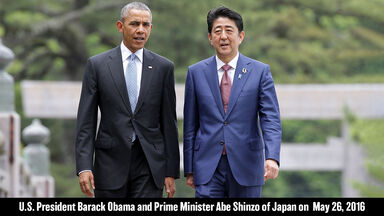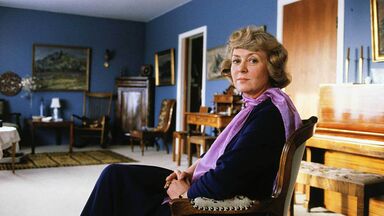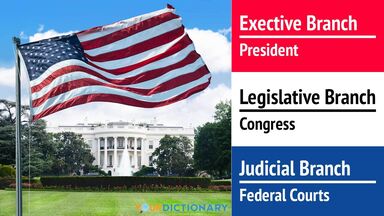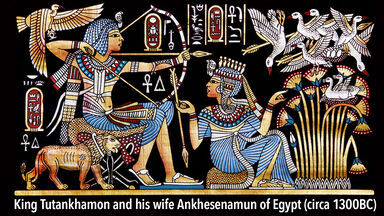He was successively minister plenipotentiary at Cassel and Stuttgart (1852), at Turin (1853), ambassador at Rome (1857) and at Vienna (1861).
However, by his birth, his abilities and his connexions alike he was marked out for a high position, and after the death of his wife in February 1812 he was appointed ambassador extraordinary and minister plenipotentiary at Vienna, where he signed the treaty of TOplitz between Great Britain and Austria in October 1813; and accompanying the emperor Francis I.
Before this work had been completed he was again sent to Europe, having been chosen on the 27th of September 1779 as minister plenipotentiary for negotiating a treaty of peace and a treaty of commerce with Great Britain.
In the autumn of 1779 he was appointed secretary to John Adams, who had been selected as minister plenipotentiary to negotiate treaties of peace and commerce with Great Britain, and in December 1780 he was appointed diplomatic representative to the Russian government.
In 1814 he was a member of the provisional government by whom the Bourbons were recalled, and he attended the congress of Vienna, with Talleyrand, as minister plenipotentiary.





